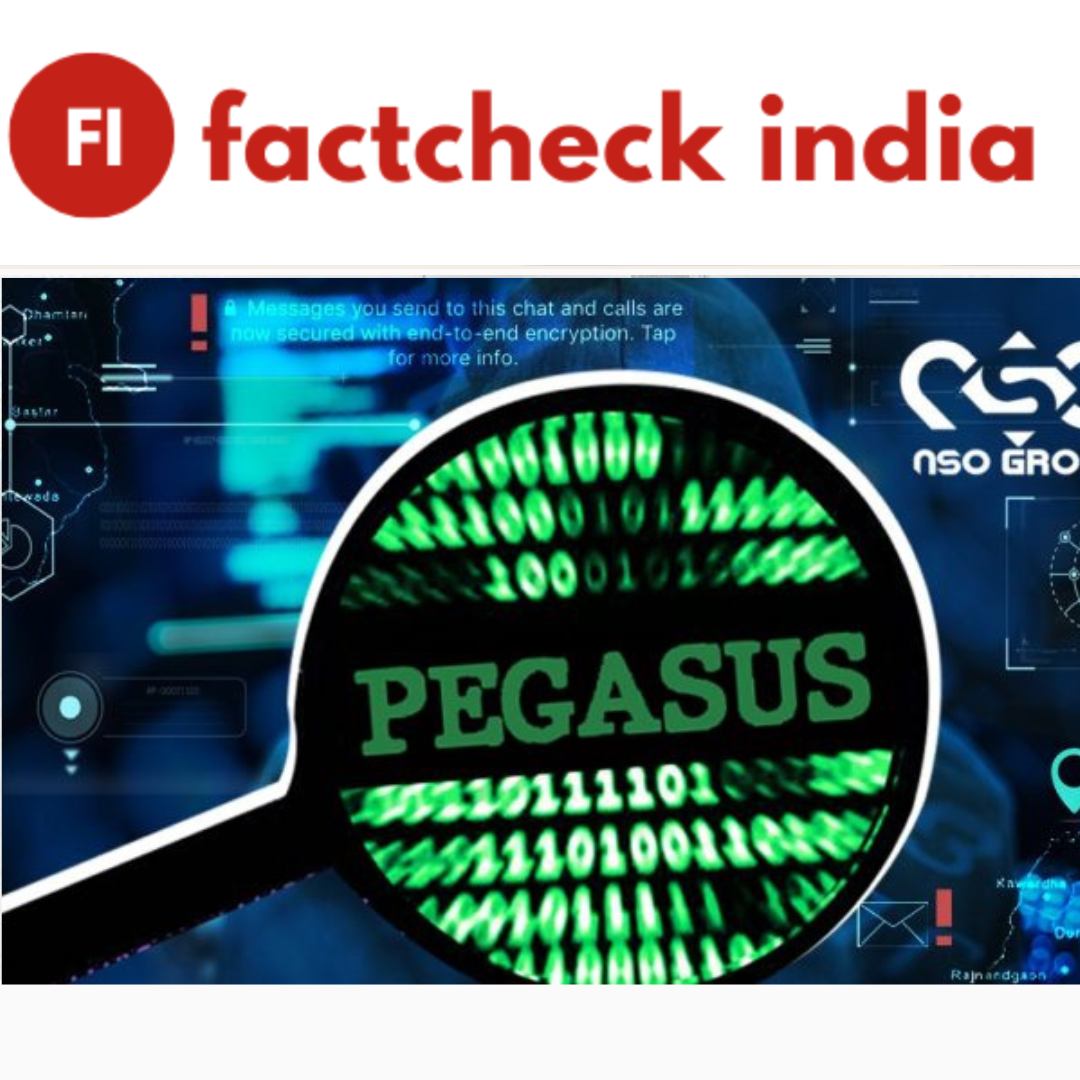Is the government watching us? That’s the question rattling India ever since the word “Pegasus” entered public conversations. And now, the Supreme Court has weighed in — not to ban the spyware, but to question how it’s being used.
What Is Pegasus, and Why Is It a Big Deal?
Pegasus is no ordinary software. It’s a powerful surveillance tool developed by Israeli firm NSO Group — capable of infiltrating smartphones, stealing messages, and even activating cameras and microphones — without the user ever knowing.
In 2021, a media exposé rocked India, alleging that the spyware may have been used to target over 40 journalists, activists, politicians, and even judges. Among the names? Rahul Gandhi, former CBI Director Alok Verma, and several prominent journalists.
What Did the Supreme Court Say?
On Tuesday, the Supreme Court said something striking: owning spyware for national security isn’t illegal. But there’s a catch — misusing it against private individuals is a serious concern.
“To have a spyware, nothing wrong… We cannot sacrifice national security. But yes, private individuals must be protected under the Constitution,” said Justice Surya Kant.
The court emphasized that national security doesn’t mean unchecked spying — and judicial review cannot be thrown out just because the government says “it’s classified.”
What About the Investigation?
In 2021, the court had set up a three-member technical committee, headed by former SC judge R.V. Raveendran, to dig into the Pegasus allegations. The findings?
- Out of 29 devices examined, malware was found in five, but not definitively identified as Pegasus.
- The government did not cooperate with the probe.
Now, the court is considering whether parts of that report can be released — but it’s cautious. Anything touching “national security” will not be made public, though individuals might be told if they were targeted.
Who Said What?
- Solicitor General Tushar Mehta: “Terrorists cannot claim privacy rights.”
- Senior Advocate Kapil Sibal: “Citizens must know what the government is doing. Even a redacted report is necessary.”
- Senior Advocate Shyam Divan: “The state used spyware against its own people. This is proven.”
Why It Matters
This is more than a legal battle. It’s about how much power a government should have to watch its own citizens — and what checks should exist to prevent misuse.
In a world where your phone can be turned against you, privacy isn’t just a luxury — it’s a right.

